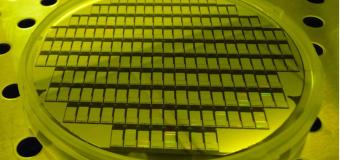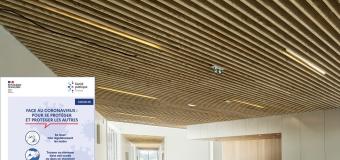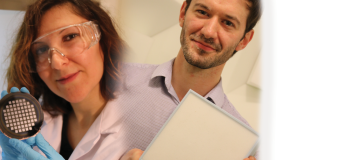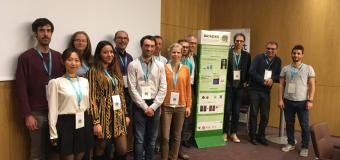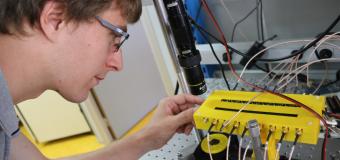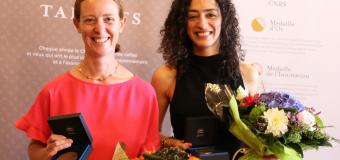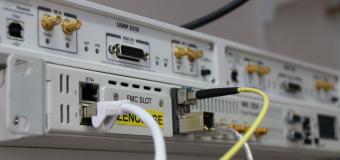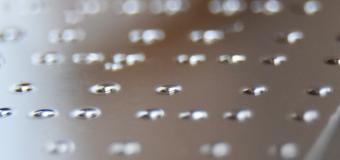Chimeras exist...
The American Institute of Physics (AIP) has featured our recent article in a special science highlight, known as a Scilight. Due to its novelty and close connection with ever-present phenomena, reported results are of wide interest to the general public.
We find delay systems everywhere in our delay life. The morning-fight between you and your shower’s temperature is one example: the initially freezing-cold water makes you turn the temperature dial to the maximum temperature. When that water reaches your head your response to burning hot water is to turn the shower to cold, upon which you freeze again – a vicious cycle which in dynamical systems can continue forever. Everyone who regularly gets stuck in the morning commuter-traffic will equally appreciate the importance of a well-planned network.
That both, systems with delay and networks are actually different sides of the same coin is known since some years. In our work we show in experiments that a system with two delays behaves like a two dimensional (2D) network. We find fascinating states such as 2D-chimeras and solitons. Chimeras are states where a part of the network is chaotic, but a section remains fully calm, see Fig. 1. Imagine a stormy sea, in whose centre you find a completely calm area – almost like a harbour, but without any walls needed. Solitons are waves, which exist without losing their shape, and in theory can live forever.
We give the first experimental confirmation of this 2D analogy between delay and network. The states we find are relevant for potential applications in neuromorphic computing.Ultimately, the brain too is a network.
D. Brunner, B. Penkovsky, R. Levchenko, E. Schöll, L. Larger, Y. Maistrenko, “Two-dimensional spatio-temporal complexity in dual-delayed nonlinear feedback systems: chimeras and dissipative solitons,” Chaos 28, 103106 (2018). https://aip.scitation.org/doi/10.1063/1.5043391


